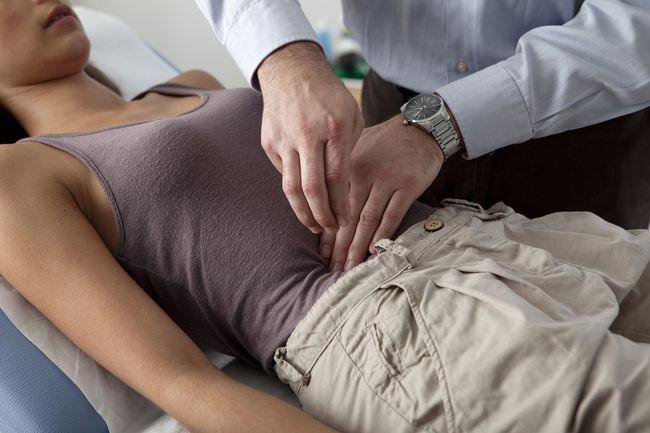Positive and Healthy Bacteria Lactobacillus in Vagina
Human vagina is home to a variety of beneficial bacteria. Positive bacteria are useful to prevent microbial attack of evil.
Now, a recent study found that the vaginal ecosystem is even more mysterious than previously estimated.
Not only that, the anatomy of the body's most prized possession that she had a home to a wide range of microbes and bacteria.
The study also found the vaginal ecosystem can change quickly without
any ill effects to the owner. Research is very important, because the
assumption that some vaginal infections related to changes in native
flora (native flora) that affects the vagina is not a sign of disease of
any changes.
"I think people will be surprised with the level of variation we see in
this species. Practitioners and women will be able to see why they do
not behave like their sisters, their daughters, or the last patient they
saw," said Larry Forney researchers from the University of Idaho.
One of the most famous inhabitants of the vagina is a group of bacteria
called lactobacilli. The bacteria are capable of producing lactic acid
and helps maintain the level of acidity (pH) of the vagina about 4.5.
In fact, studies show that at least five types of bacterial communities
inhabiting the woman's vagina. 1-3 types of bacteria dominated by
Lactobacillus species. While the last two types of bacteria are a group
without a lot of lactobacilli.
Women of the white race is more likely to host the colony type 1, which
is dominated by Lactobacillus Crispatus. While the black woman's vagina
more populated bacterial type 4.
Forney Jacques Ravel and colleagues from the University of Maryland have
shown that the "fingerprint" vaginal microbes change from time to time
on each individual woman.
One type of colony can sometimes be large enough to displace other
bacterial colonies. The researchers analyzed a sample of vaginal
microbes. Microbes were swabbed twice a week for 16 weeks from 32 women.
The women also keep a diary of their activities and cleanliness.
"With 32 women, we can capture almost any kind of society we have observed in previous samples," says Ravel.
The researchers analyzed the genes of microbes and find some
identification. They found that the vaginal ecosystem vary from time to
time, sometimes changes during menstruation, sometimes alternating
between types of residential colonies. This is the result of sexual
activity or reasons unknown.
In some women, monthly bleeding does not interfere at all microbes.
While others, signifies a period of short-lived era in which the
microbes will fight for power. They simply replaced other species when
the bleeding ends when the dominance of the month is over.
"We know that different women have different kinds of vaginal
microbiota, and now we know that from time to time we observed the
dynamics of change varies," says Ravel on LiveScience.
The researchers are increasingly recognizing that without the help of
microbes that live on the skin, the intestine, even in the reproductive
system, human beings will be in trouble. Disturbances in gut bacteria,
for example, has been associated with obesity and depression. So even with the vagina.

Tidak ada komentar:
Posting Komentar